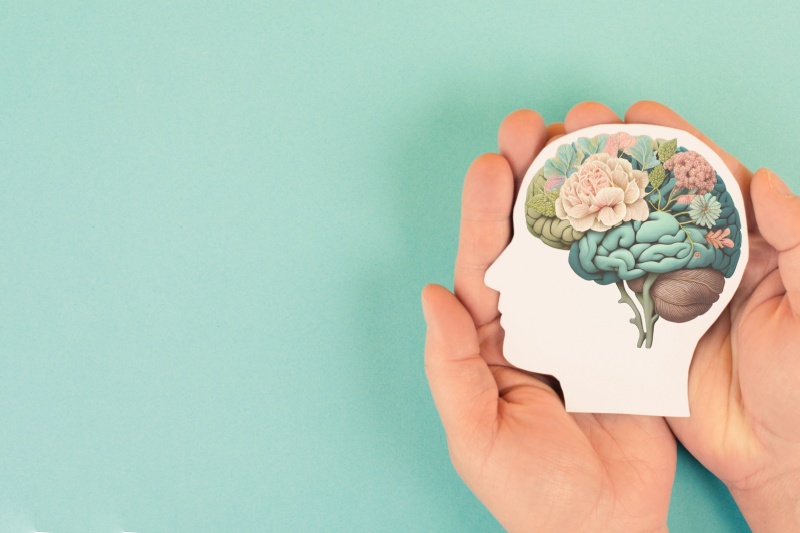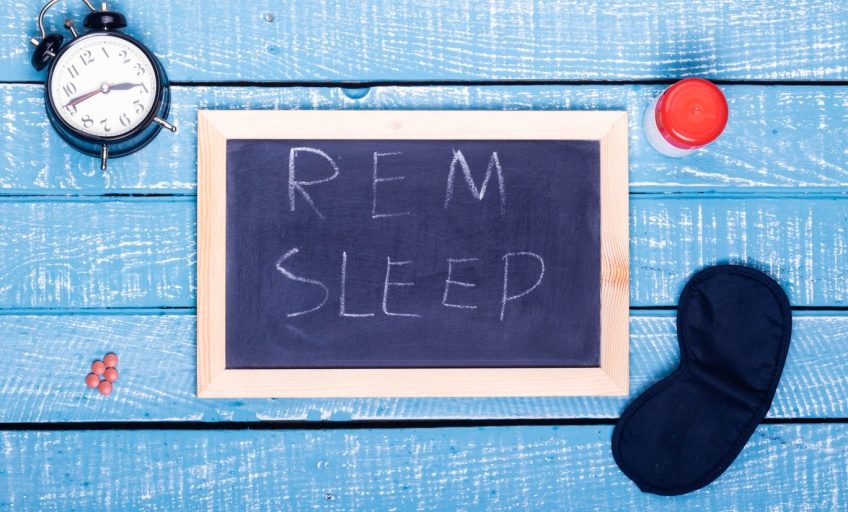
Being a teen is hard enough, but with the current adolescent mental health crisis, parents should know about the psychosocial challenges – from stress to suicidal thoughts – teens face nowadays.
What you need to know:
- Understanding the teenage mind
- 7 useful ways to support teen mental health
- Guide teens through adolescence
Understanding the teenage mind

Although the brain stops growing in size by early adolescence, the teen years are all about fine-tuning how the brain works. The teen brain has an amazing ability to learn and adapt. Because it is still developing, teens may respond to stress differently than adults. Ongoing changes in the brain, along with physical, emotional, and social changes, can make them more likely to experience mental health problems. Changes to the areas of the brain responsible for social processes can lead them to focus more on peer relationships and social experiences. In contrast, certain other changes can help support resilience and mental health over the long term.
7 useful ways to support teen mental health
Being a teen can be challenging. Here are 7 useful ways to support teen mental health:
Build a supportive environment
Work together on setting up new routines and achievable daily goals for your teen. You could fit in home chores around school work or set a target like getting homework done before dinner. Give them the appropriate time and space to be on their own. Find a few ways to support and encourage them to take breaks (from schoolwork, housework, or other activities they may be working on) to do things they enjoy. If they feel frustrated, work with them to brainstorm solutions. Communication plays a vital role in this. Showing interest, and respecting the ideas and opinions of the child is important.
Balance support and freedom
While granting teenagers independence and freedom is essential for their development, you must also provide them with the necessary support. Encourage your teenager to pursue their interests and passions. By supporting their goals and aspirations, you can help to boost their self-confidence. Try to balance the support and freedom you provide them to optimize teen mental health.
Help build self-esteem and confidence
Make sure that your teen knows that you love him/her unconditionally. Embrace a growth mindset in your home. Mistakes and setbacks can crush self-esteem and wreak havoc on their confidence. Try to be supportive and make room for failure in their life. Congratulate their accomplishments, milestones, and growth by emphasizing their hard work, effort, and perseverance. Help them gain new skills. Reassure them as they navigate ups and downs and overwhelming emotions.
Prioritize physical health
Exercise improves your overall physical and mental health. It reduces stress and improves mood. It releases endorphins, or ‘feel-good’ hormones that can help your teen manage depression and anxiety symptoms. Encourage them to get at least 30 minutes of exercise every day and make physical activity a priority.
Ensure sufficient sleep
The sleep hormone melatonin works differently in teens. In adolescence, melatonin levels stay high later at night and drop later in the morning, which may explain why teens may stay up late and struggle with waking up early. Many teens do not get enough sleep, making it harder to pay attention, control impulses, and do well at school. Ensure sufficient sleep at night to support teen mental health.
Seeking professional help when needed

If you are lending support to the best of your ability and are still concerned about your teen’s mental health, consider talking with them about seeing a therapist. Here are some signs of teen mental health difficulties:
- Symptoms like mood swings, irritability, anger, and tearfulness
- Notable changes in sleep, weight, or eating habits
- Loss of interest in the things they usually love
- Self-isolation
- Academic struggles
- Excessive worrying
- Refusing to talk about what’s bothering them
- Signs of drug, alcohol, or other substance use
- Signs of self-harm such as cuts, bruises, etc.
Develop self-care practises
Your health is just as important as your teen’s health. As caregivers, you have a lot to deal with. You need care and support for yourself. When they see you prioritizing your well-being, they’re more likely to adopt similar habits. Develop self-care practises like exercising regularly, making time for your relationships, eating a balanced meal, and engaging in relaxation and mindfulness activities like meditation. You can also seek support through therapy if you feel overwhelmed.
Guide teens through adolescence
Adolescence is the developmental transition to adulthood. It is a time for healthy exploration of identity and learning independence. It can also be stressful or challenging for teens. Understanding teen mental health is essential for their overall well-being and development. You can support their mental health by – establishing routines, adjusting your expectations, managing social media usage, being open, helping your teen build resilience, and listening more, among other ways discussed above. Additionally, teach them coping strategies, monitor for signs of distress, and take help whenever required. Help them transition from the challenges of adolescence to foster healthy adulthood.
Stay tuned to the Activ Living Community. Keep up to date with the latest health tips and trends through expert videos, podcasts, articles, and much more on nutrition, fitness, mindfulness, and lifestyle conditions like Asthma, Blood Pressure, Cholesterol, and Diabetes. Activ Living ke saath sahi sehat ki shuruat ABHI karo.
You may also be interested in the following blogs:
- What Is CrossFit Exercise? 3 Health Benefits To Level Up Your Fitness Game
- 3 Exercises To Improve Your Stamina For Jumping Exercises
Popular Searches
How to lower blood pressure | Fruits good for liver | Unhealthy foods | Ragi Benefits | Basal Metabolic Rate | Acupressure points for High Blood Pressure | Ayurvedic medicine for blood pressure | How to control cholesterol at home | Homeopathy for Asthma | Biological Age | Home remedies for TB | Natural beta blockers | Negative effects of internet | Types of walking | Blood pressure calculator | Blood sugar calculator | BMI Calculator





 1800-270-7000
1800-270-7000







